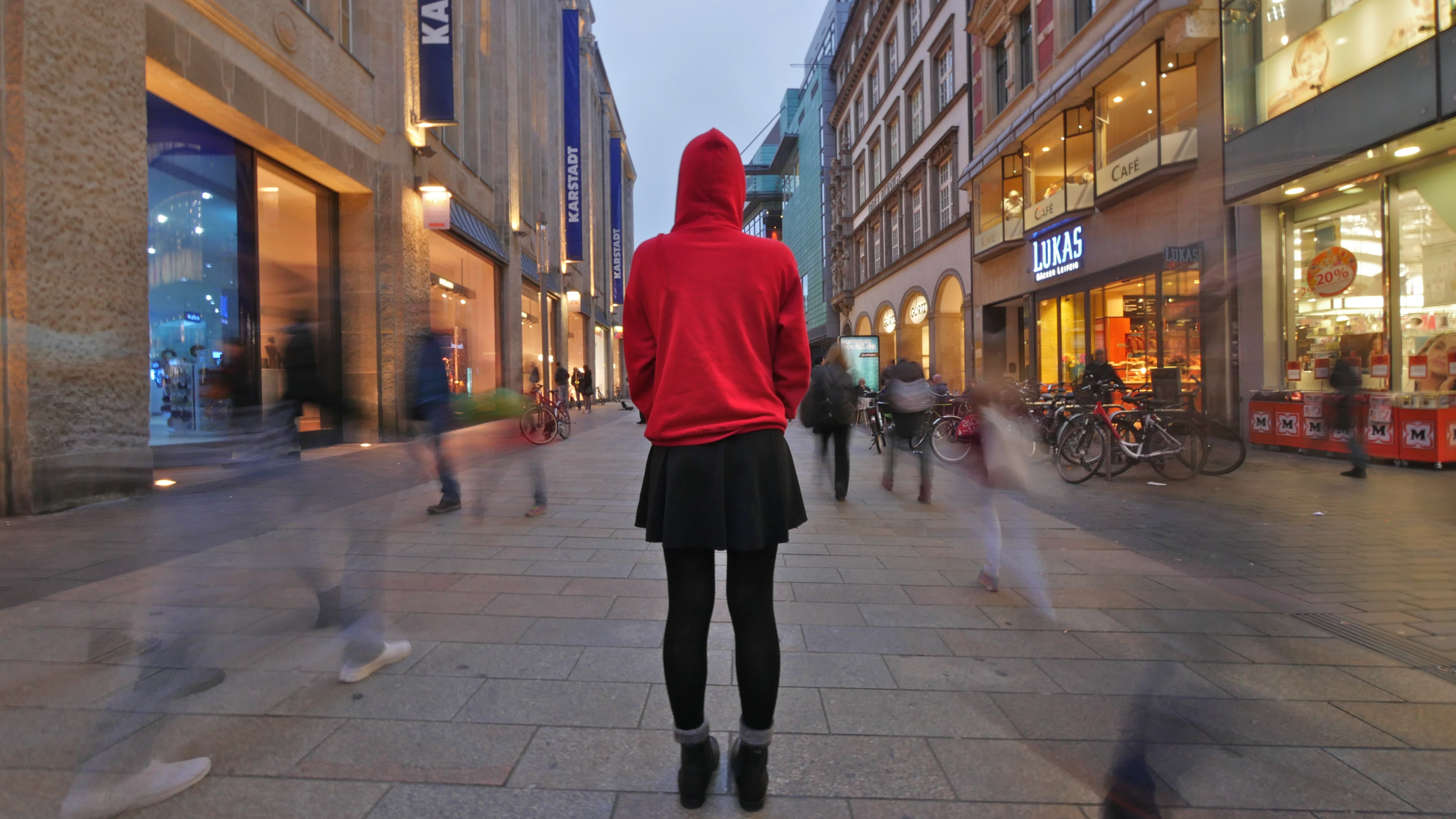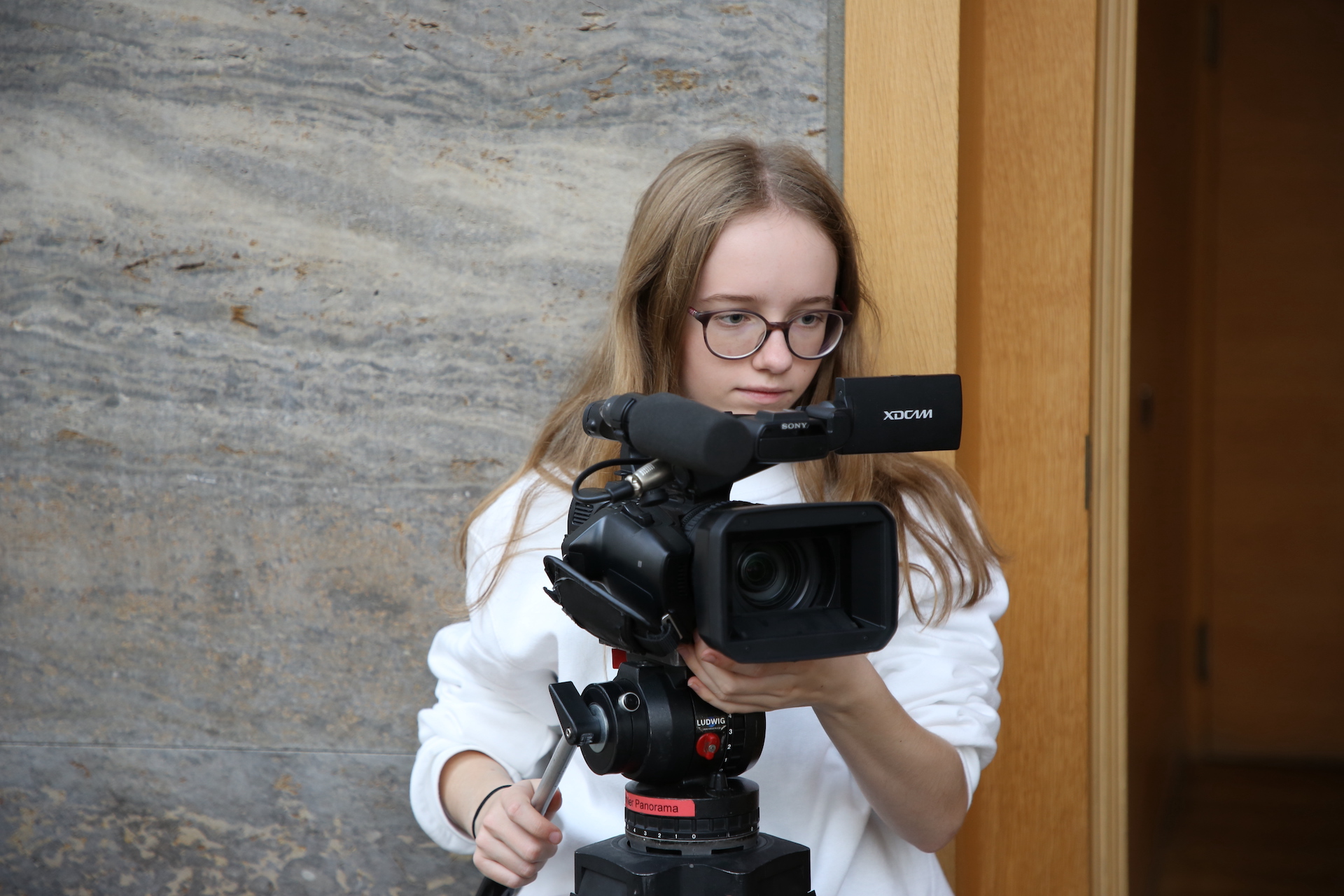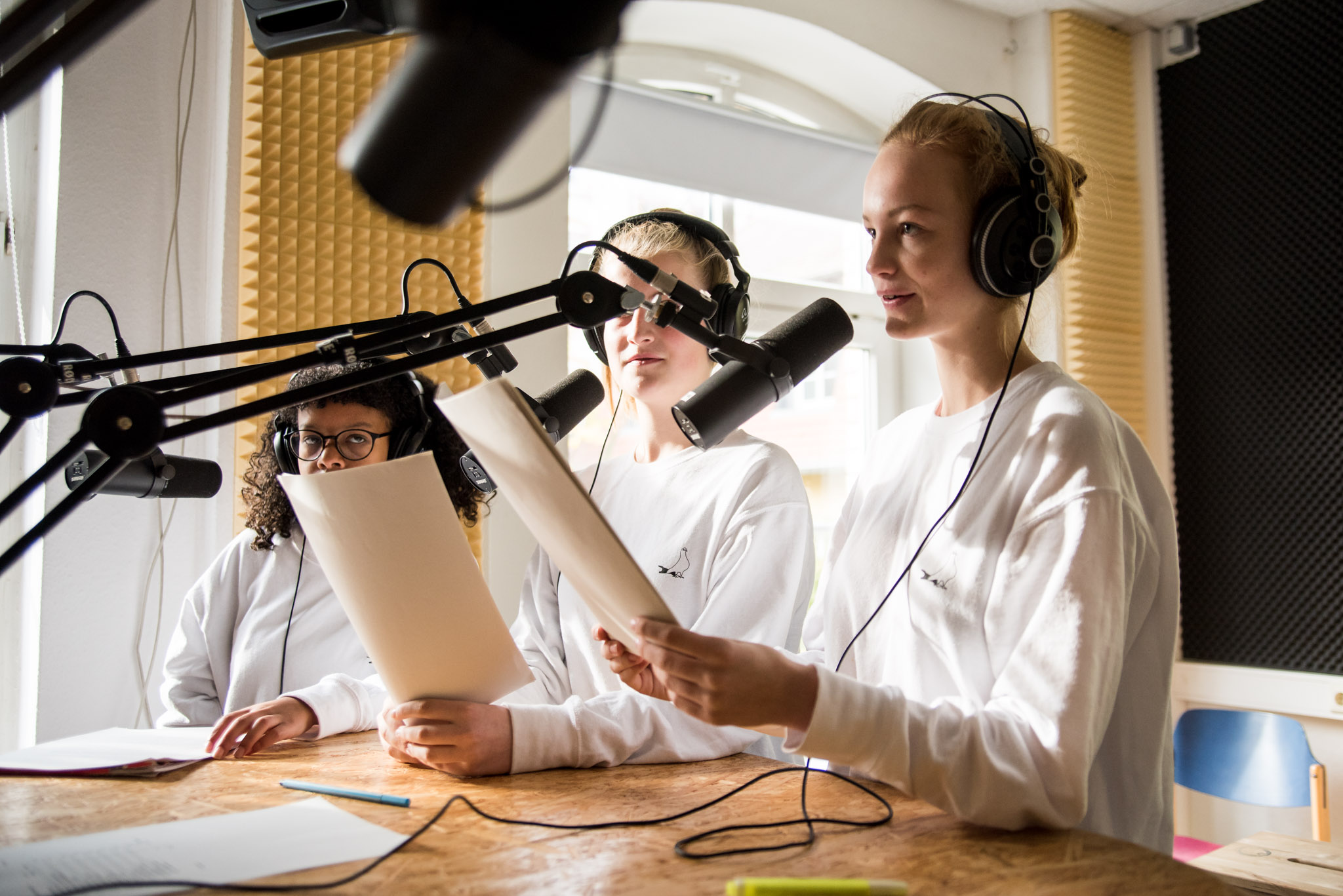The father eats borscht from the pot. He wears a green jacket with lots of pockets. Then he disappears, and with him the jacket. Together with its protagonist Aliona Gloukhova, the film “Our Quiet Place” explores the limits of memory and the possibilities of reconnecting with past.
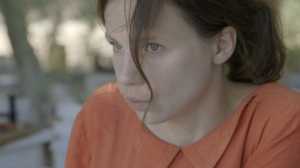 The young writer Aliona lives in exile in France. The distance to her home country Belarus gives her the opportunity to take refuge, working with a foreign language. French is not burdened by the words of her father, is empty, maybe even lonely? Because a foreign language is a “quiet place” that offers space to (re)discover everything new.
The young writer Aliona lives in exile in France. The distance to her home country Belarus gives her the opportunity to take refuge, working with a foreign language. French is not burdened by the words of her father, is empty, maybe even lonely? Because a foreign language is a “quiet place” that offers space to (re)discover everything new.
Does that mean to lose the “realness” or maybe there never was one because the memories were deceptive from the start? Or maybe only through the strangeness it is possible to free yourself from the restrictive expectations and pre-settings, start all over and emancipate yourself? How close or far do you get to your own origin in a strange environment?
The author’s few memories of her father are blurred in a vortex of photos of the streets of Minsk. The camera wanders through train stations and streets with an open eye, finds and loses faces like chance encounters. In this way, connections and questions about a possible reality emerge from the author’s past and the film’s present.
The film accompanies the protagonist in this process with poetic and intimate images. At the same time, the Bulgarian filmmaker Elitza Gueorguieva, who also lives in France, enters into an implicit, often encoded, dialogue with the protagonist about the radical changes and upheaval in the former Eastern Bloc states.
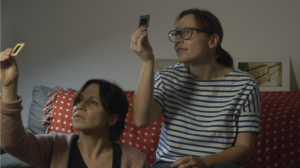 The disappearance of the father can also be read symbolically and understood as connected to the political and historical circumstances. The film succeeds in approaching the problems of a post-Soviet society without forgetting its protagonist and her presence in a globalized society
The disappearance of the father can also be read symbolically and understood as connected to the political and historical circumstances. The film succeeds in approaching the problems of a post-Soviet society without forgetting its protagonist and her presence in a globalized society
The author’s personal confrontation with her past, her view of reality and how she is dealing with it create the core of this silent portrait.
Author: Cassia


